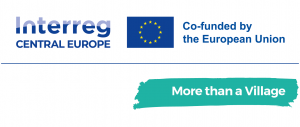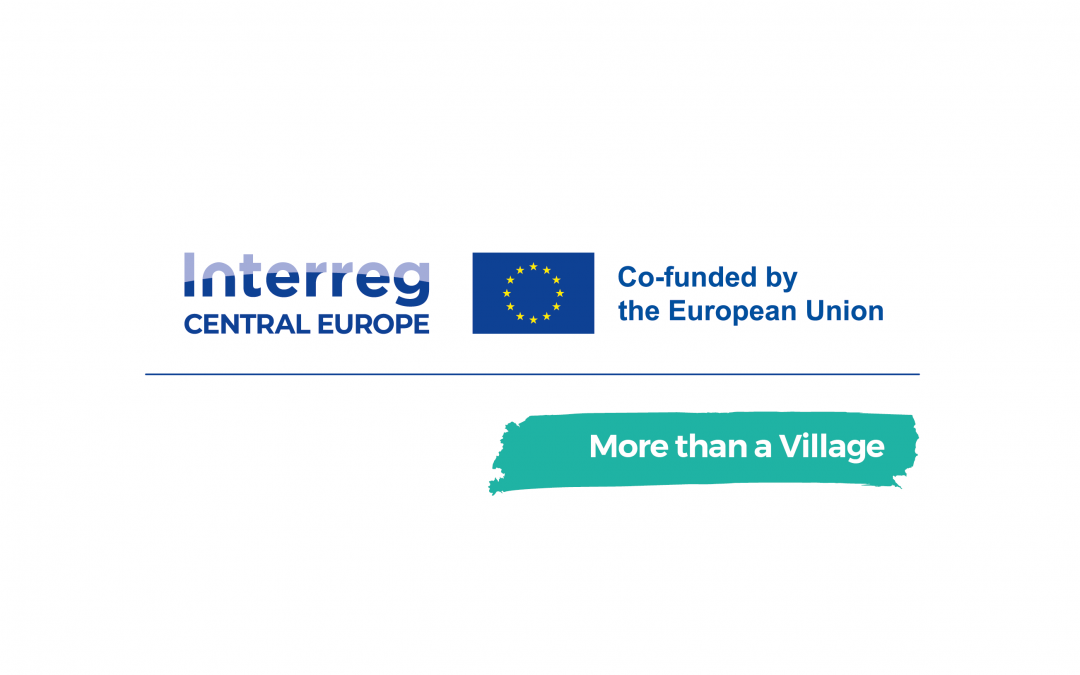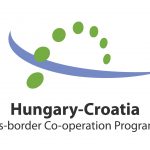
Project duration: 04/2023 – 03/2026
Client: ERDF, Interreg Central Europe
Project coordinator: Lokalna Grupa Działania Stowarzyszenie “Południowa Warmia”
Project partners:
-
- Institute for Development and International Relations (IRMO), Croatia
- Foundation Balteus
- Hajdú – Bihar County Government
- ITC – Innovation Technology Cluster Murska Sobota
- City of Buzet
- Poliedra – research and consultancy centre of Milan’s Polytechnic University
- Development Agency LAG Genoese
Project budget in EUR: 1.713.934
Leader of the IRMO team: Daniela Angelina Jelinčić, PhD
Other IRMO team members: Sanja Tišma, PhD; Andrea Ruk; Marta Šveb Dragija
Summary:
In Central Europe approx. 30% of people live in rural regions. Therefore, the quality of life of nearly one third of the people in Central Europe depends on the quality and level of rural development, as well as the conditions for development of rural SMEs. In this respect, regardless of the country, most rural areas within Central Europe are still lagging behind and suffering from a variety of problems such as low level of entrepreneurship and digitalization, the outflow of mainly young residents and ageing population. The objective of “More than a Village” project is to test and develop different models of a smart village in the Central Europe region context that will increase the attractiveness of rural areas and create favourable conditions for local businesses. By exploiting the potential of rural regions, the project will aim to create new jobs, stabilize rural population and strengthen economic resilience of non-urban areas. The project’s innovation lies in the innovativeness of its smart village approach which is still not widespread in Central Europe. The main project’s outputs are: 1) joint strategy on smart village transition, followed by action plans for selected territories, 2) three pilot actions consisting of testing different smart village models, 3) joint solutions to be applied in rural areas in CE and beyond.
The direct beneficiaries of these outputs are small businesses, local communities, local authorities, active NGOs, local action groups and other stakeholders, who will benefit from smart village instruments to improve attractiveness and competitiveness of rural areas. Problems related to improving attractiveness and development in rural areas are complex and specific to all 5 countries participating in the project (PL, HU, SI, HR and IT). Therefore, the transnational cooperation will help to exchange experience and find joint solutions.


